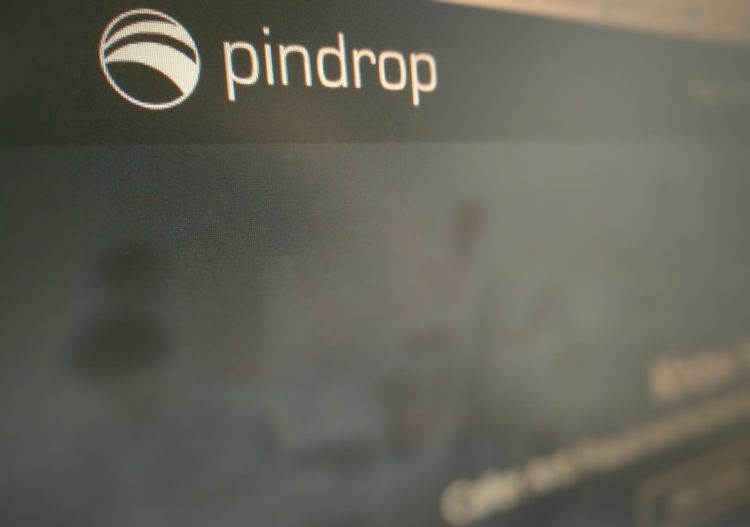Want smarter insights in your inbox? Sign up for our weekly newsletters to get only what matters to enterprise AI, data, and security leaders. Subscribe Now
Pindrop, an Atlanta-based company that provides fraud detection software for phone calls, today announced a set of updates to help its customers better protect themselves and the people they serve.
One of the key updates is a new voiceprinting capability that identifies who’s on the phone and checks the caller against a set of people Pindrop has identified as fraudsters. The company is also offering its customers a new Network capability that will provide real-time predictions about how likely a call is to be fraudulent, based in part on information gleaned from other Pindrop customers.
This feature is based on Pindrop’s Phoneprinting capabilities, which will be upgraded with this release. Phoneprinting works by analyzing call audio and using key factors to determine how likely the person on the other end of the line is to be a fraudster. The updated features should be up to 20 percent more accurate than their predecessors, according to Pindrop.
Phone-based fraud is a massive problem around the world since scammers can call from anywhere and try to get sensitive data, perform financial transactions, and pull off other nefarious deeds. It’s an attack that preys on the charitable instincts of the person on the other end of the call center phone — people who usually want to help. The company’s software is used to protect major enterprises, including banks like SunTrust.
AI Scaling Hits Its Limits
Power caps, rising token costs, and inference delays are reshaping enterprise AI. Join our exclusive salon to discover how top teams are:
- Turning energy into a strategic advantage
- Architecting efficient inference for real throughput gains
- Unlocking competitive ROI with sustainable AI systems
Secure your spot to stay ahead: https://bit.ly/4mwGngO
Pindrop should be able to provide additional information, like roughly where a caller is located — making it easier to determine if a caller’s “identity” doesn’t match up. (For example, it shouldn’t be possible for someone who’s in San Francisco to make a phone call from the Ukraine.) Machine learning makes it possible to identify where someone is located based on various call characteristics, so that even a person imitating the correct caller ID shouldn’t be able to fool the system.
The Atlanta-based company has a number of big-name backers, including Andreessen Horowitz, Citi Ventures, Felicis Ventures, CapitalG, GV, and IVP.


